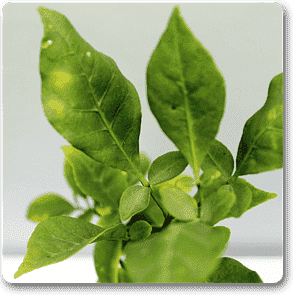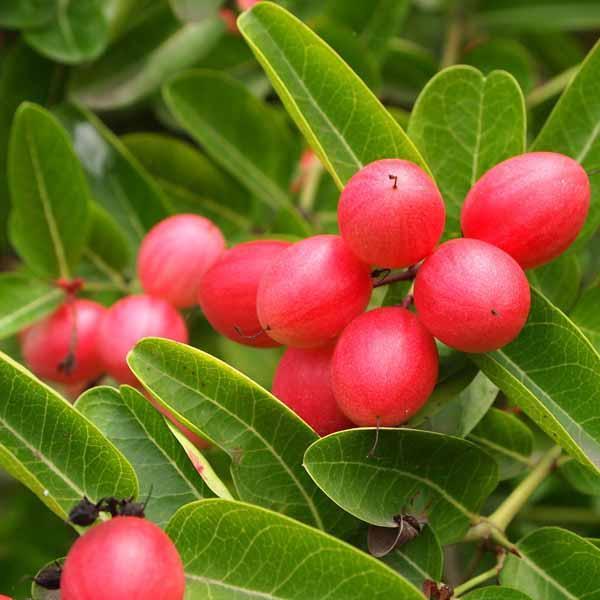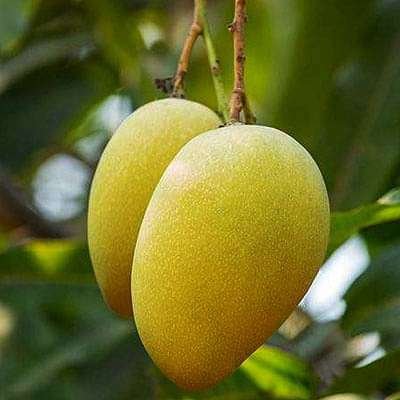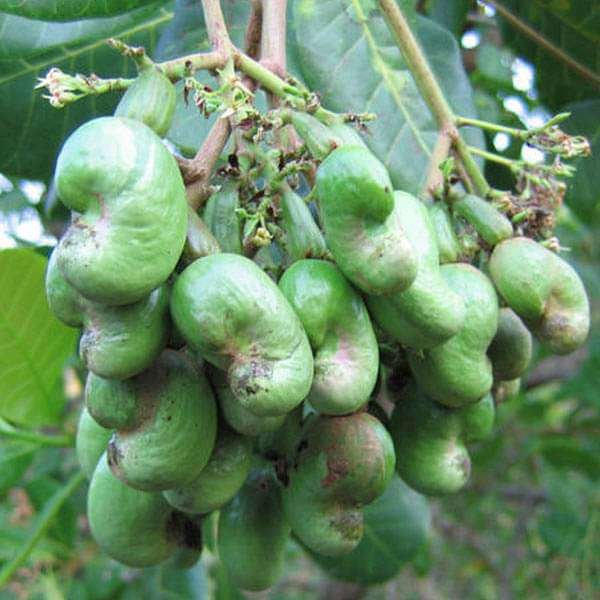Description
Tamarind trees feature (a) short stout trunks topped by bushy wide-spreading crowns with arching branches, (b) ferny, even-pinnate, compound leaves with light green leaflets, (c) summer bloom of red-veined cream to pale yellow flowers in drooping racemes and (d) plump cinnamon-brown bean-like seed pods filled, when ripe, with an edible sweet-sour pulp which has a variety of culinary uses. Tamarind is a leguminous tree in the family Fabaceae indigenous to tropical Africa. The genus Tamarindus is a monotypic taxon, having only a single species.Plant Specifications
Plant Height
18 inch (46 cm)
Plant Spread
4 inch (10 cm)
*above specification are indicative only. actual dimensions may vary by +-10%
Common Name
tamarind
Maximum Reachable Height
40.00 to 60.00 feet
Flower Colour
Cream to pale yellow
Bloom Time
May to August
Difficulty Level
easy to grow
Planting and careWater the newly planted seed every other day, just enough to moisten it.Keep it moist until it grows a few inches above ground then pull back on wateringAfter the seedling starts growing vigorously on its own, it will need watering only once a week during the growing season and only enough to wet the rootsGradually taper watering in the fall, and stop in the winter.Tamarind careChoose a proper site for the tamarind tree. It needs full sun and some protection from the cold when young. You may choose the south side of a slope for this purpose or build your own cold protection for the first couple of years.
Plant a tamarind seed in the spring 1/2-inch deep. Seeds collected from pods remain viable for months and will germinate a week after planting.
Sunlight
Full sun
Watering
Medium
Soil
well-drained soil
Temperature
28 degree
Fertilizer
Apply any organic fertilizer
Tamarind special featureShade tree and/or fruit tree. Landscape specimen/accent but needs a big space. Residential street tree. Parking lot islands. Parks.Tamarind uses
Ornamental Use:
The plant is used for ornamental purpose






Reviews
There are no reviews yet.